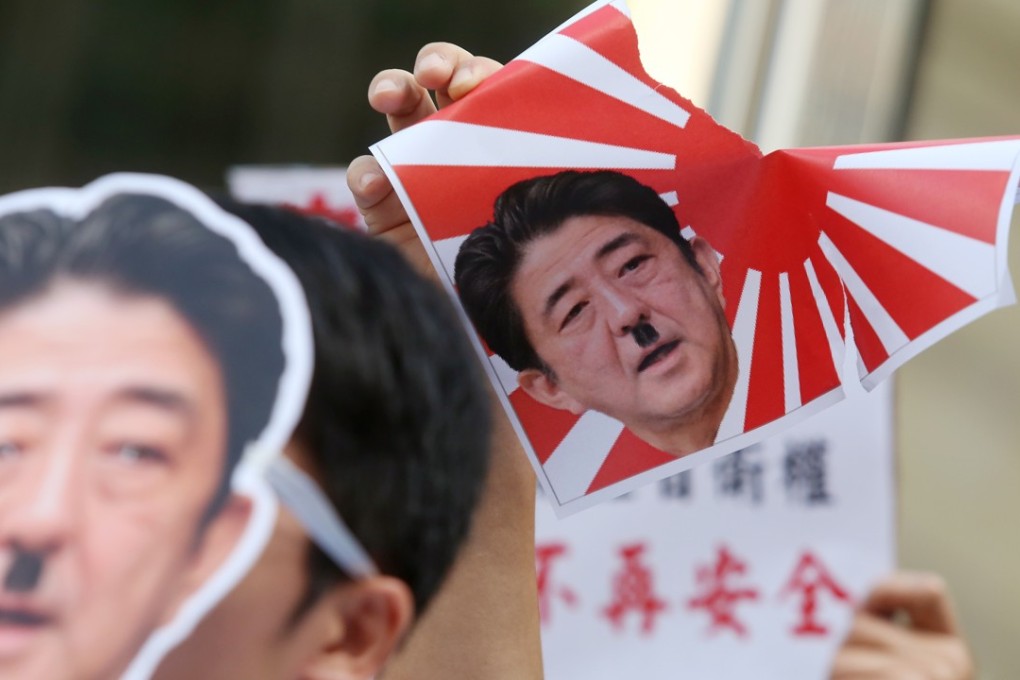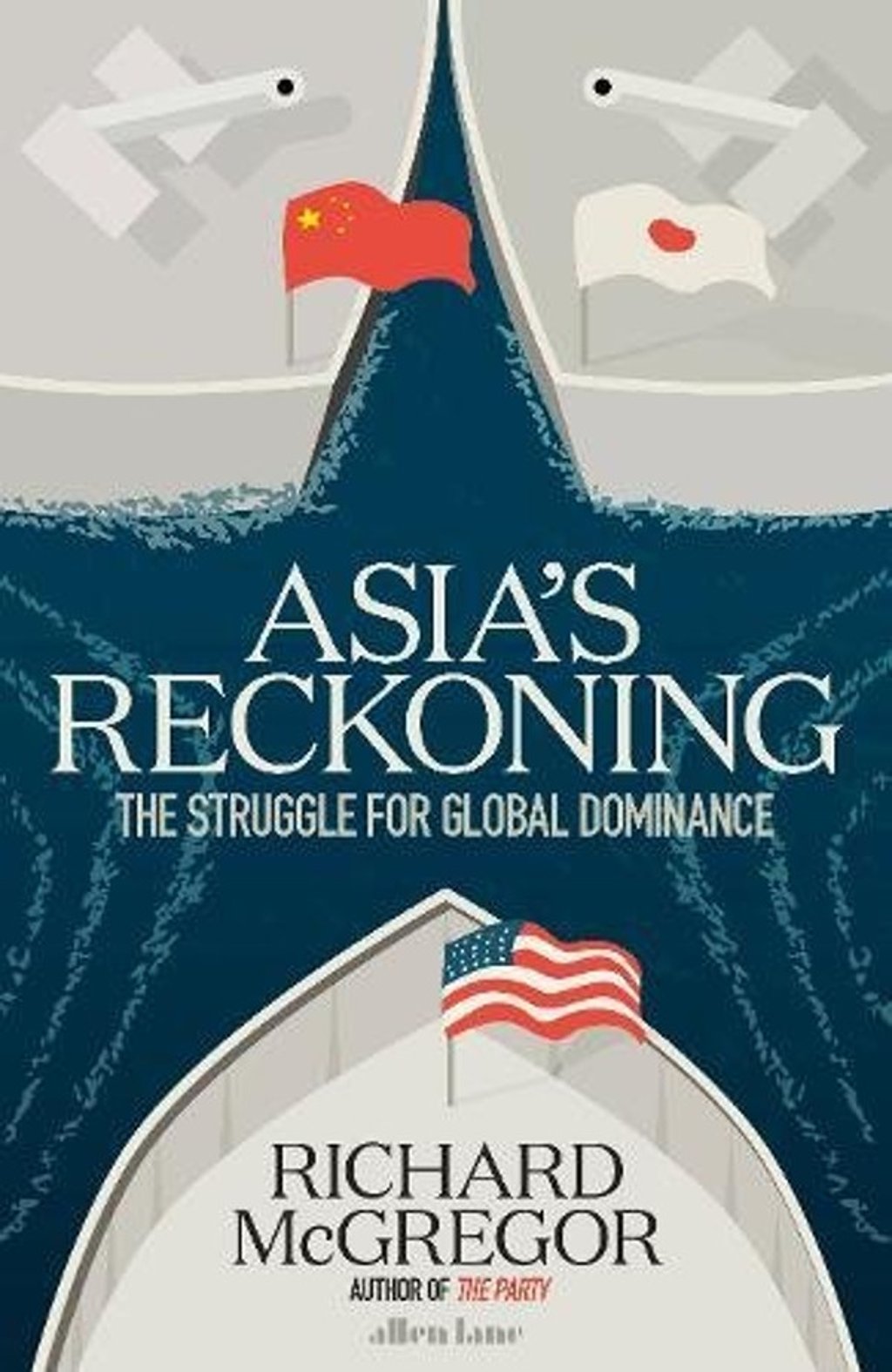Review | Why it wouldn’t take much for China and Japan to go to war – new book Asia’s Reckoning explains
Drawing on lessons from history, Richard McGregor’s Asia’s Reckoning explores the complex relationship between China, the US and Japan – and how it might evolve peacefully, or tragically

Asia’s Reckoning: The Struggle for Global Dominance
by Richard McGregor
Allen Lane
Demonstrators who regularly gather outside Exchange Square, home of the Hong Kong stock exchange, aren’t protesting against capitalist greed, or the gap between rich and poor. Instead, they shout into megaphones about atrocities committed by Japan during the second world war, which ended more than 70 years ago.
Their broadcasts – in Cantonese, Putonghua and English – are largely ignored by office workers rushing by. This is Hong Kong, after all, and business goes on as usual. But their nationalist anger remains as background noise in one of the world’s most cosmopolitan financial centres.

McGregor describes China and Japan as “global powers, with the world’s second- and third-largest economies, backed by robust, advanced militaries”. Completing the triangle is the United States, the world’s largest economy and the traditional guardian of “Pax Americana” in Asia.
But the situation has been destabilised by the election of Donald Trump as US president and recent threats from North Korea. It is in this context that Asia’s Reckoning looks at the political, business and military ties between China, Japan and the US, from the post-war era to today.
